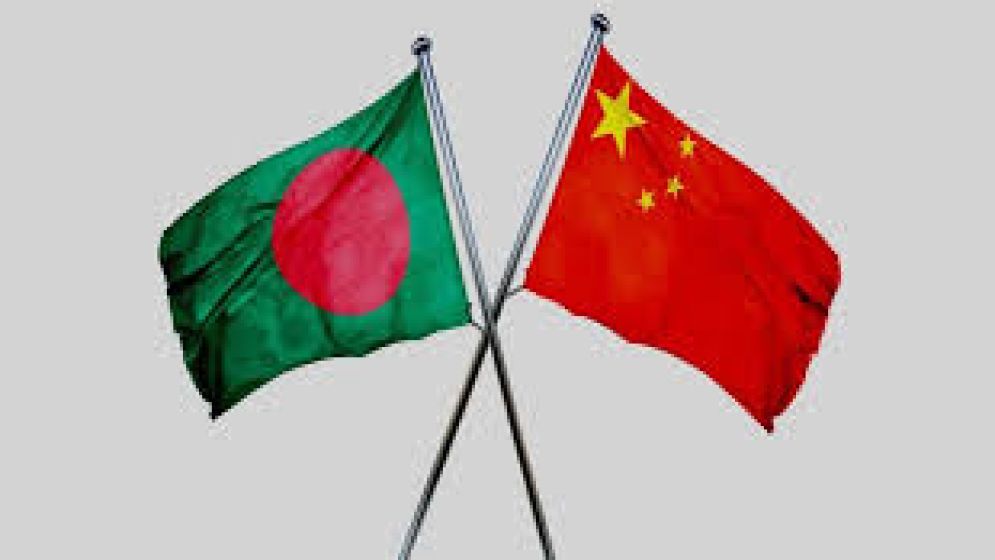Bangladesh to seek $7 billion fund from China to boost trade in business summit during PM's visit
Anisul Islam
Publish: 05 Jul 2024, 06:37 PM

Dhaka, July 5(UNB)-Bangladesh will host a trade and investment summit in
Beijing during Prime Minister Sheikh Hasina's upcoming state visit to China.
PM Hasina will inaugurate
the trade summit aimed at boosting Chinese investment and find ways to reduce
trade imbalance that now favours China, sources familiar with the development
said this week.
Over 1000 Chinese and
Bangladeshi investors will join ithe summit in different business sessions to
discuss opportunities of investment in Bangladesh.
During the visit Dhaka is
likely to seek a US$ 7 billion in loan to support trade sector, which will make
easy opening of LC for import of goods from China, sources said.
The Ministry of Finance,
Ministry of Commerce, Ministry of Foreign Affairs, Bangladesh Security and
Exchange Commission (BSEC), Bangladesh Investment Development Authorities
(BIDA), Bangladesh China Chamber of Commerce and Industry (BCCCI), and
Bangladesh Embassy in Beijing ate jointly organising the trade summit.
Professor Shibli Rubayat Ul
Islam, chairman, BSEC told UNB this week that the summit will bring
businesspeople of the two countries under an umbrella to know each other and
find scopes of investment in Bangladesh.
He said the PM will talk
directly with the Chinese investors to encourage them to invest in Bangladesh.
Al Mamun Mridha, general
secretary of BCCCI told UNB that Bangladesh has identified 20 potential sectors
to attract Chinese investors. At the Beijing Trade and Investment Summit
Bangladeshi businesses will be highlighted with specific business offers to
Chinese investors.
He said Bangladeshi
businesses will offer to Chinese investors that invest in Bangladesh and get
the advantage of exporting their products to the Chinese market at 98 percent
duty-free facilities.
Through this investment
Bangladesh will be able to narrow the huge trade gap with China and the Chinese
investors will get opportunities for low-cost production options here, Mamun
pointed out.
He believed that some
Chinese investors would shift their manufacturing industry to Bangladesh as the
country (Bangladesh) is also a big market for Chinese products.
Mamun also said,
"Bangladesh will also seek US$7.0 billion fund support in the trade sector
that will help to boost trade with China. This may be in Chinese currency Yuan,
so that Bangladeshi businesses can open LC in Yuan," he added.
Though China and Bangladesh
agreed to start trade with the Yuan, Bangladesh was unable to do so, due to the
lack of available Yuan. Bangladesh faces a huge trade gap with China. As a
result, there is a shortage of Chinese currency for trading.
Bangladesh mainly imports
from China industrial raw materials, capital machinery, and electrical
products, which factories can be set up in Bangladesh.
Currently, Bangladesh
imports around US $24 billion (according to Chinese customs data) annually
while Bangladesh exports less than $1.0 billion.
Bangladesh will offer China
to invest in ceramic, leather, pharmaceuticals, electric cars, high-end
garnets, and household appliances.
END/UNB/AI/F
